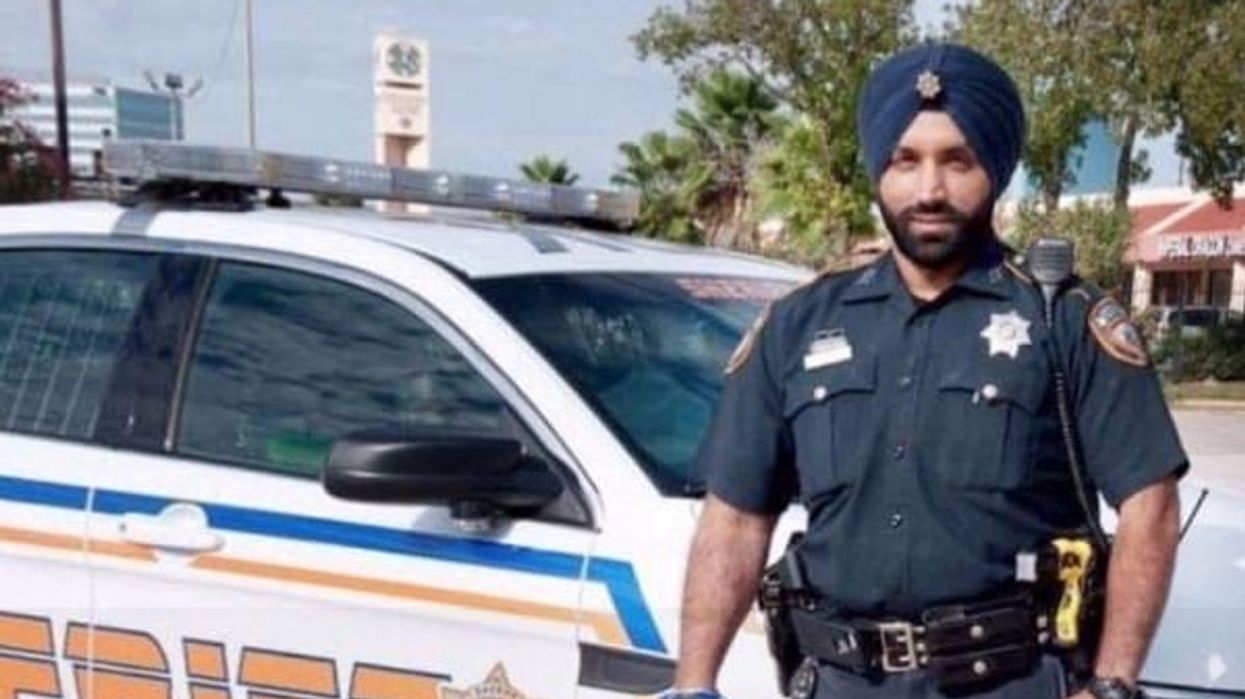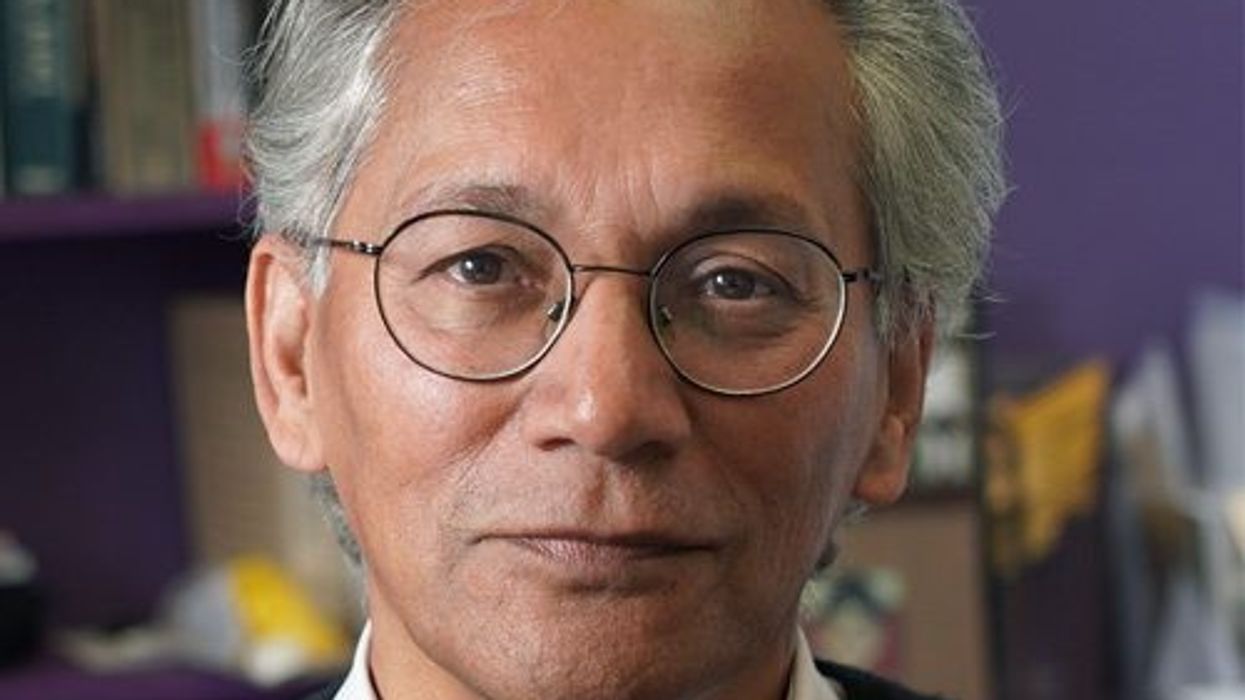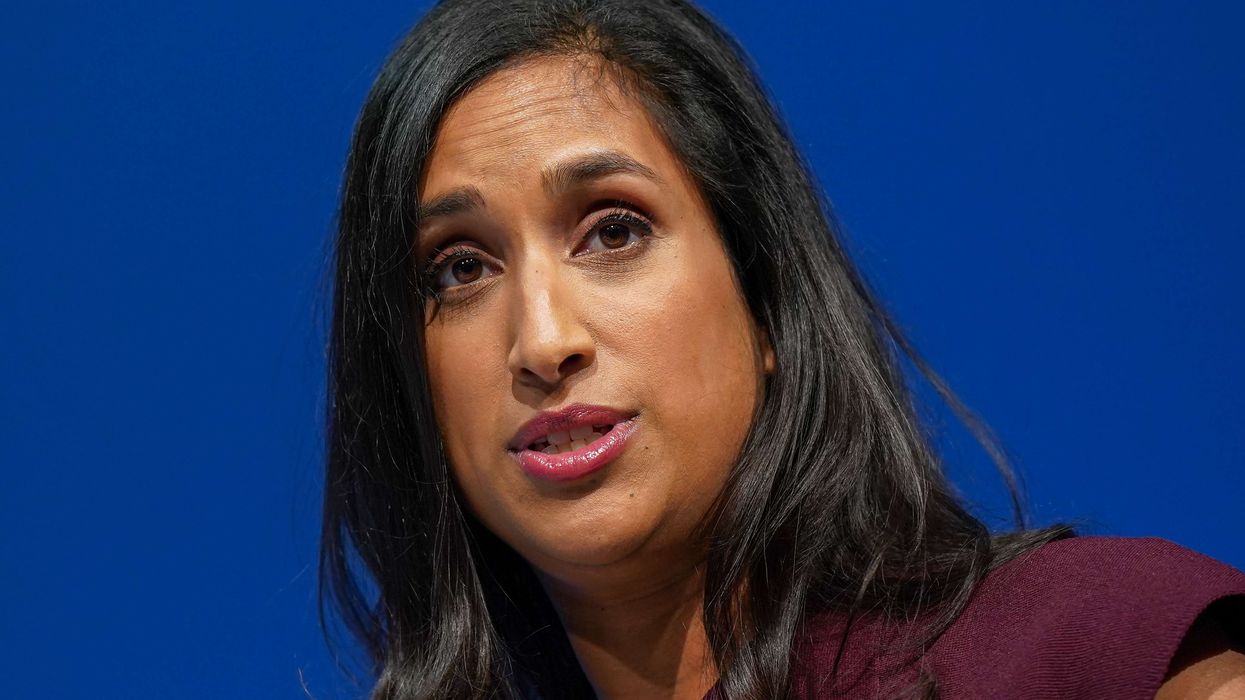A post office in Houston has been renamed after an Indian American Sikh police officer who was shot dead in 2019.
Sandeep Singh Dhaliwal, 42, died after being shot multiple times from behind while on duty in Texas. A year after his death, a portion of Beltway 8 near Highway 249 was renamed in his honour.
Dhaliwal made national headlines in 2015 when he became the first police officer in Texas to serve while keeping his Sikh articles of faith, including a turban and beard.
"Our fallen brother deputy Sandeep Singh Dhaliwal was honoured by renaming a postal office in west Harris County in his memory. We are grateful to the Texas delegation, Harris County Commissioners Court, US Postal Office and the Sikh community for honouring him,” Harris County Sheriff's Office (HCSO) said in a tweet on Wednesday (6).
Houston's Sikh community and local elected officials and members of law enforcement gathered on Tuesday at a ceremony at 315 Addicks-Howell Road to dedicate the "Deputy Sandeep Singh Dhaliwal Post Office."
"I am honoured to play a role in commemorating deputy Dhaliwal's remarkable life of selfless service,” said Congresswoman Lizzie Fletcher, who brought the renaming legislation to the US House of Representatives.
"He represented the very best of our community. He worked for equality, connection, and community through his life of service to others. I was glad to work with a bipartisan delegation, our community partners, and those in the Sikh community, to pass legislation to rename this building," Fletcher said.
Harris County Sheriff Ed Gonzalez said the "remarkable commemoration” serves as a permanent reminder of Dhaliwal's "lasting contributions to the community”.
"This will serve as a permanent reminder of deputy Dhaliwal's service, sacrifice, and example to us all. We are thankful to Congresswoman Fletcher and the entire Texas delegation for honouring a committed public servant who touched countless lives and served as a trailblazer. He was a true hero who inspired everyone to love their neighbours,” Gonzalez said.
Dhaliwal joined the agency as a detention officer in 2009. He later became a patrol deputy, leading the way for other Sikhs to serve with the Harris County Sheriff's Office.
“I'm thankful that visitors to the newly renamed post office will see his name and be encouraged to learn how special he was,” said Commissioner Adrian Garcia, who originally hired Dhaliwal in his capacity as the previous sheriff of Harris County.
“Deputy Dhaliwal made the ultimate sacrifice to protect us, and he will never be forgotten. Sandeep lived his life with the purpose to spread dignity and respect to all he came in contact with, and I am hopeful that the Deputy Sandeep Singh Dhaliwal Post Office will inspire all who visit to follow in Sandeep's example," Garcia said.
Dhaliwal's father Pyara Singh Dhaliwal expressed gratitude to the people of Houston for their support.
“Since my son was taken from our family in a senseless act of violence, we have received an outpouring of support and love from the greater Houston community. We are so grateful and so honoured that Sandeep is being memorialised in this way—forever becoming a part of the city that he served faithfully both in and out of uniform,” he said.
US Postal Service district director Julie Wilbert said: "The postal service has over 31,000 retail and post offices. There are less than 900 that have been dedicated in honour of an individual.".
Sikh American legal defense and education fund (SALDEF) southwest regional director Bobby Singh said: “Sandeep Singh Dhaliwal did not set out to be a trailblazer, he simply approached life with a caring heart, a generous spirit, and a warmth that brought people together.
“Along with the many friends here today, our community has been forever changed by his death but this building will forever serve as a recognition of his life. He lived the true American—and Houstonian—life."
According to reports, Dhaliwal worked with United Sikhs charity to help organise the donation of truckloads of supplies for first responders post-Harvey Hurricane that made landfall on Texas and Louisiana in August 2017.














